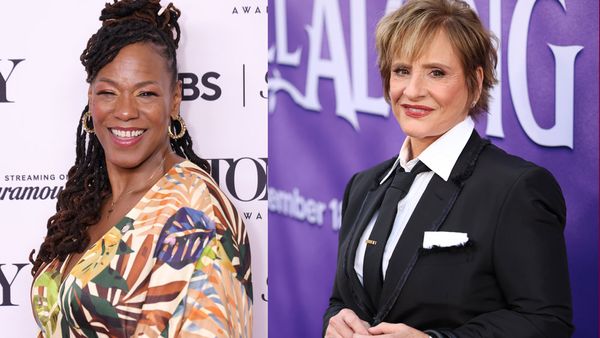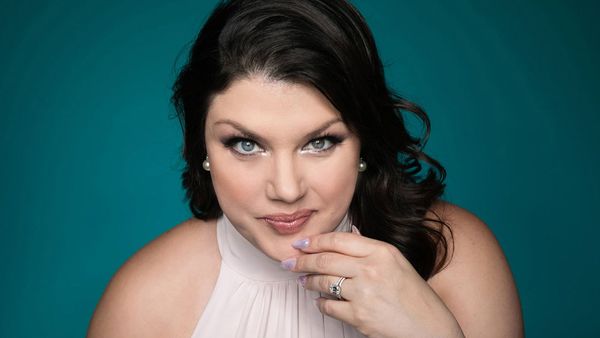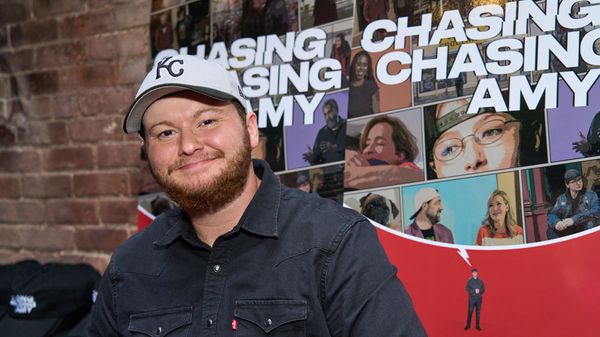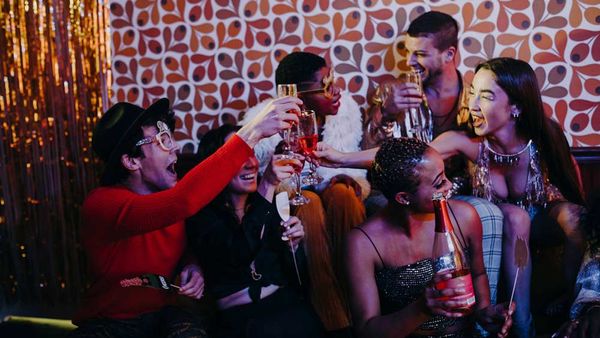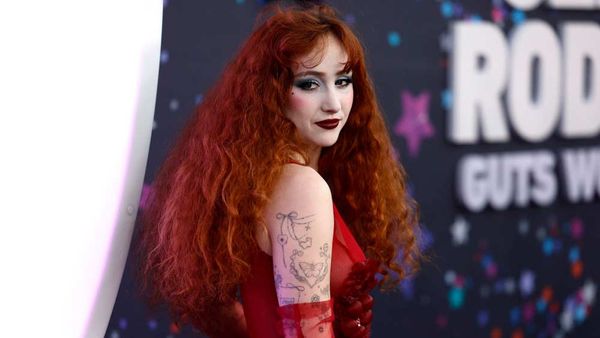Sep 18
New Bio Looks at America's First Drag Superstar Julian Eltinge
Kilian Melloy READ TIME: 8 MIN.
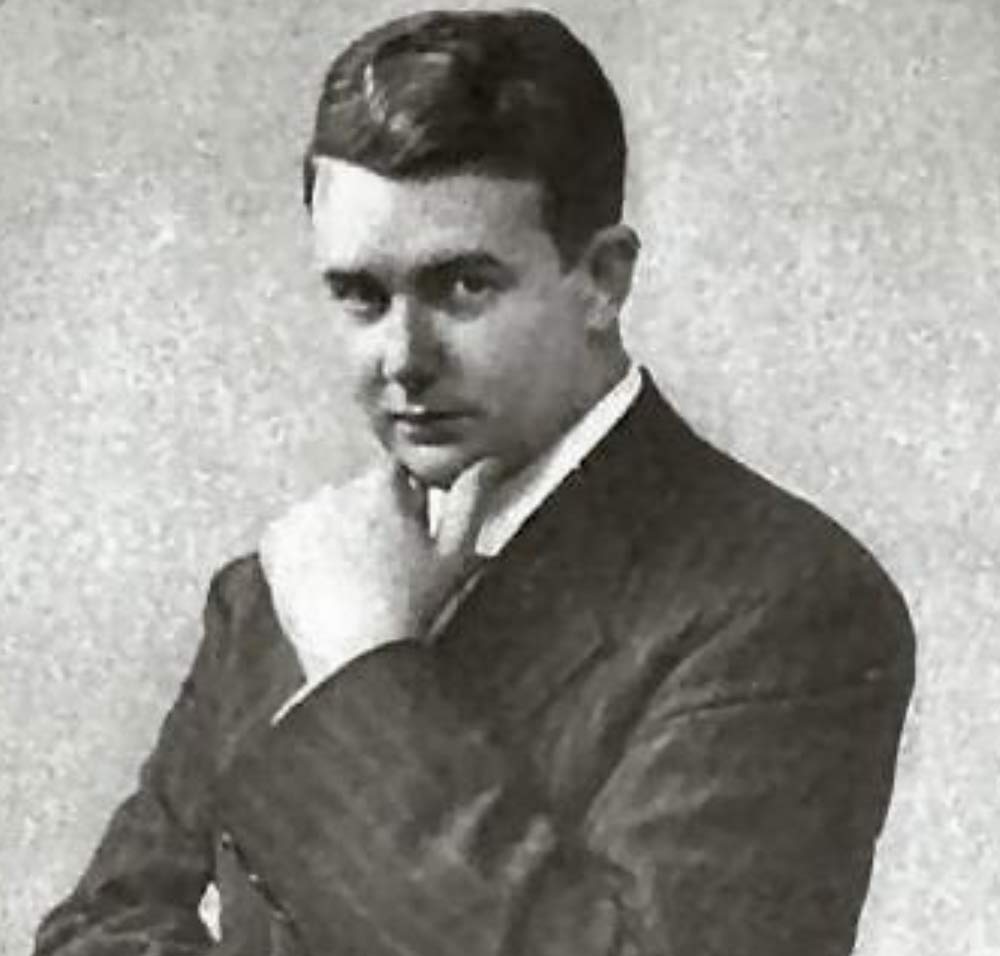
EDGE: Drag performers became huge celebrities in Eltinge's time, but there was a huge pushback that gathered force against men portraying women. Are we seeing the same script today, with slightly different makeup and costuming?
Andrew L. Erdman: Very much. As you know, The [Great] Depression, the rise of the Soviet Union, and the rise of fascism in the '30s created fear, and so there was a clampdown: "We have to, rather than deal with the economic and political problems, stop men from putting on dresses."
I think there's a couple of other things that are fanning the flames these days – the much more widespread acceptance of gender fluidity, non-binary, transgender in people's lived experiences, which is making the right insane. In terms of the art of drag, you also have women, generally, a lot more empowered in the arts as performers. Some of the ground conditions are different these days, but we live in a post-Stonewall era. There's more of a threat of normalization of what used to be tolerated in some ways, but were considered to be marginal.
Those are some of the differences, but there absolutely are marked similarities. When Mae West began depicting the underworld of gay men who were engaged in the pansy craze of the late '20s, that stirred up the hornet's nest. She was put on trial, and Julian Eltinge's name came up, and that was the beginning of things getting stirred up in a way that feels familiar now.
EDGE: You kind of credit Mae West with triggering the blame that was leveled at female impersonators like Julian Eltinge.
Andrew L. Erdman: Mae West is a complicated character. On the one hand, she clearly is very fascinated with the world of gay male performers and sex workers and the sexual and gender "other" in the eyes of mainstream white America. At the same time, she's also somewhat homophobic. She's like, "They're not criminals, they're just sick. But they're my friends." It's kind of a hot mess, but she starts to put homosexuality on stage, and I think it freaked people out.
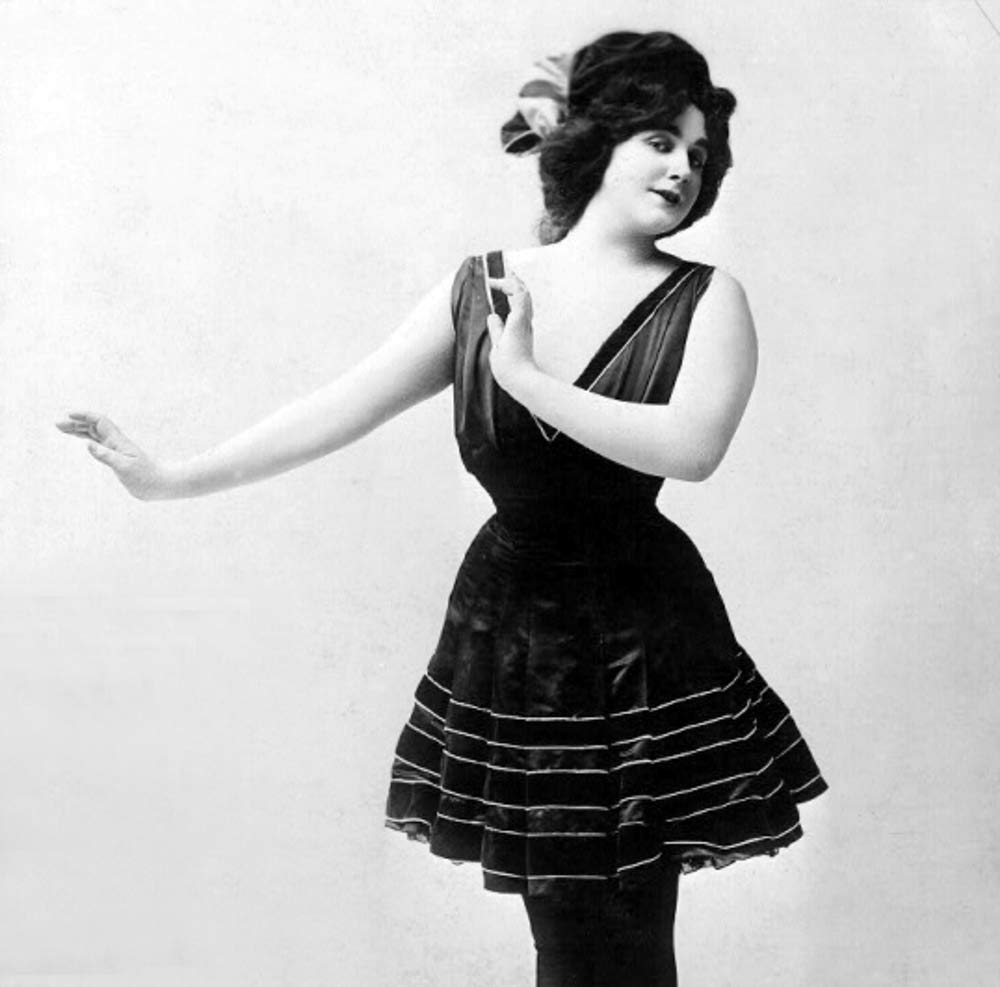
EDGE: It's an ironic twist that Mae West's stage mother insisted she study the work of Eva Tanguay, who was the same woman that made a show of being engaged to Julian Eltinge before they broke it off.
Andrew L. Erdman: Totally. My last book, "Queen of Vaudeville," was about Eva Tanguary, who is another really interesting character. For her own reasons, she never particularly dug the idea of heteronormative marriage. I don't think she particularly liked men, other than as sexual partners. She got to know Julian just because they were both part of the same vaudeville royalty.
Julian and Eva Tanguay concocted a scheme to become engaged in the late summer of 1908. I think the theater trade journalists knew that this was a gag; it was like a vaudeville sketch playing out in the headlines for a month. She was going to wear the tuxedo, and he was going to wear the gown, and this led to a lot of very humorous journalism: Who's going to take whose last name, who's the "he," who's the "she," who's the bride, who's the groom. They got a lot of mileage out of it, and then they were sort of like, "Oh, you know, turns out we're both going on vacation, see you later!"
EDGE: Was it that you were researching Eva Tanguay, and you said: "This guy sounds interesting," that you decided to write this book? Or was it more that Julian Eltinge is the perfect historical figure to write about in order to examine the parallels between then and now?
Andrew L. Erdman: It's a kind of combination of those things. I did come across him when I wrote about Eva, and I consider myself deeply interested and invested in that time period – the late 1800s, early 1900s in North America, particularly the East Coast. It's really the roots of our modern culture. At the same time, it's a time when authority over a lot of things has transferred from the church to the sciences – the experts, the professors, the doctors, including on sexuality and gender. Then you have vaudeville entertainment, and I'm always interested in people who were once hugely famous, and somehow nobody knows them anymore.
I started looking around [to find out more about Julian Eltinge], and there wasn't much written on him – certainly no in-depth biography – so, foolishly, enthusiastically, I set out to put all of it together. It is... troublingly timely, shall we say?
"Beautiful: The Story of Julian Eltinge, America's Greatest Female Impersonator" is available now.
Kilian Melloy serves as EDGE Media Network's Associate Arts Editor and Staff Contributor. His professional memberships include the National Lesbian & Gay Journalists Association, the Boston Online Film Critics Association, The Gay and Lesbian Entertainment Critics Association, and the Boston Theater Critics Association's Elliot Norton Awards Committee.

